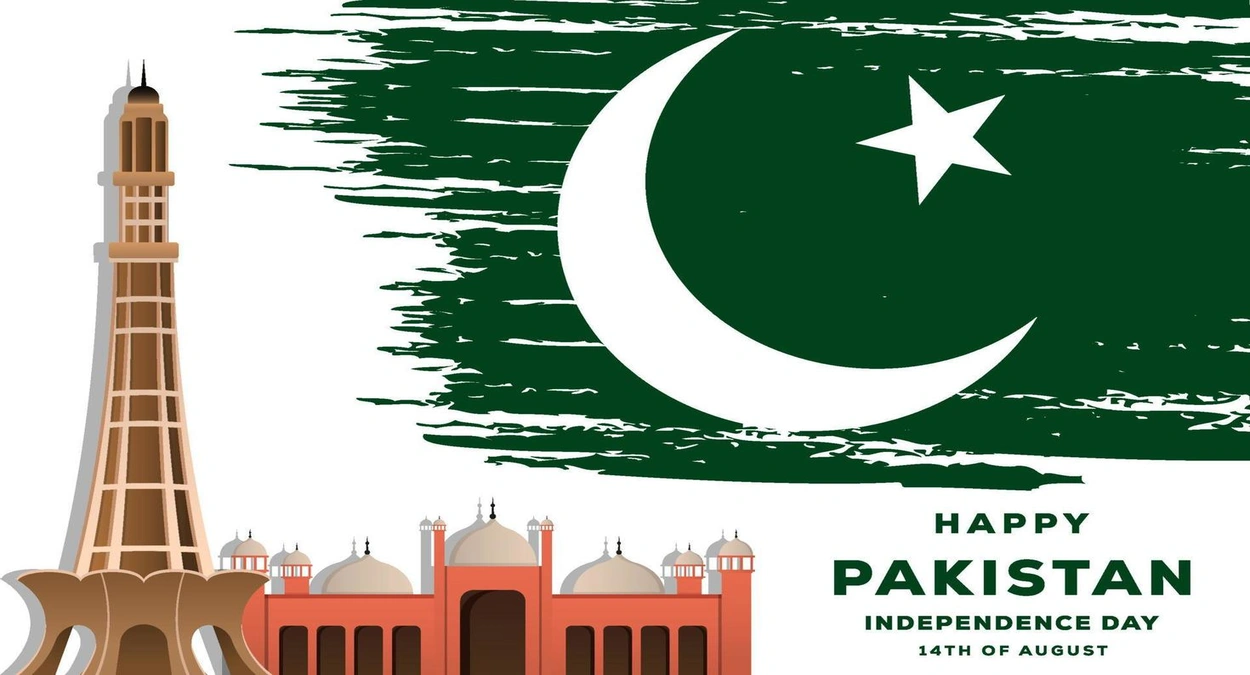Discover the untold stories of Pakistan freedom struggle this 14 August. Explore hidden facts, inspiring heroes, and moments that shaped the nation’s journey to independence.
Overview
Every year on 14 August, Pakistanis come together to mark Independence Day—a time for parades, flags, fireworks, and pride. But beyond the public festivities lies a deeper, lesser-known narrative: the unsung heroes, the critical moments in history, and the hidden layers of the struggle for sovereignty. In this article, we delve into those quieter corridors of history to bring you the untold stories that continue to shape national identity.
Unsung Freedom Fighters
When we think of Pakistan’s independence, figures like Quaid-e-Azam Muhammad Ali Jinnah come to mind immediately. However, there were numerous individuals—educators, local leaders, journalists, and grassroots organizers—who played similarly pivotal roles but remain largely uncelebrated.
Maulana Muhammad Ali Jouhar and Maulana Shaukat Ali, the Ali brothers, campaigned tirelessly for Hindus and Muslims alike, advocating for self-rule through bold journalism and youth mobilization.
Begum Rana Liaquat Ali Khan, an educator and politician, wasn’t just the spouse of a prime minister; she tirelessly organized relief efforts, fundraised for education, and supported women’s political awareness long before and after independence.
Journalists from regional presses—including Urdu and regional-language dailies—exposed colonial injustices and supported local narratives of resistance when mainstream outlets were either censored or inaccessible to many.

Secret Meetings and Back-Channel Negotiations
While the Leaders’ Conference in London and major dialogues grab headlines, many strategic interactions happened quietly:
Local conferences organized across provincial centers—in cities like Lahore, Peshawar, and Quetta—helped shape public opinion within the borders. These smaller meetings facilitated consensus-building away from British scrutiny.
Discreet diplomatic efforts by the Muslim League: diplomats and League members arranged informal talks with sympathetic British officials. These weren’t covered widely, but they narrowed negotiating gaps and softened stances, paving the way for peaceful transition.
Student Activism Role in Building Momentum
University and college campuses played a decisive role in the events leading to 14 August. These institutions were alive with patriotic energy, focusing on more than just academics. The date became a powerful symbol for the youth—something they worked toward through organized movements, speeches, and protests.
Campaigns at Islamia College, Government College Lahore, and Aligarh University centered on the independence they hoped to see realized on 14 August. Students circulated pamphlets, hosted poetry sessions, and held secret meetings, each act reinforcing the belief that freedom was within reach.
Women’s student groups—especially at institutions like Lahore’s Kinnaird College—also made meaningful contributions. They organized awareness drives, supported refugee camps, and raised funds for supplies, viewing each effort as part of the broader struggle for independence.
Here is a short video telling the inspiring story of Pakistan
Source: ISPR Official Youtube
The Crucial Role of Regional and Cultural Influencers
The freedom movement stretched across the subcontinent, and 14 August held significance for people in every region. Cultural and intellectual leaders ensured that local voices and traditions became part of the independence story.
In the Northwest, Pashto poets and lyricists used their art to portray the struggles and hopes of ordinary people. Sindhi community leaders, working through Sufi shrines and local gatherings, united communities by linking cultural heritage to national identity.
East Bengal’s educators and cultural figures connected linguistic rights to the wider cause, shaping a vision of Pakistan that was both diverse and unified.
Refugee Stories That Carried the Flame
As independence approached, millions undertook dangerous journeys across newly drawn borders—on foot, by train, or through rural paths. For them, 14 August symbolized safety and the start of a new chapter.
Families carried letters, keepsakes, and small mementos, holding onto the hope that these possessions would have a place in their new homeland. Many refugees created makeshift schools or sang patriotic songs, keeping morale alive during one of history’s largest migrations.
Media Lesser-Known Contributions
Newspapers, early radio stations, and Urdu-language broadcasts kept the vision of independence alive in people’s minds.
Local correspondents risked imprisonment to publish stories of protest and boycott. Press workers sometimes smuggled printed materials to avoid censorship, ensuring that messages of unity and hope reached even the most remote communities.
Behind-the-Scenes Logistics
Achieving independence on 14 August required more than political negotiations—it also needed a functioning system in place from day one.
Technical staff in railways, postal services, and telegraphs kept operations running despite unrest, ensuring vital communication and transportation links stayed open. Civil servants maintained administrative order so the country could operate smoothly from its first day of freedom.
Also Read: New Milli Naghmas Released for 14 August: Celebrating Pakistan Spirit
Lessons from the Untold Struggle
The story of 14 August shows that independence was built through countless acts by ordinary people. Grassroots organizers, educators, cultural icons, displaced families, and administrators all contributed to the shared dream of sovereignty.
These stories remind us that patriotism is not only expressed in speeches but also in quiet acts of dedication and service.
Commemorating the Quiet Heroes Today
When celebrating 14 August, there’s value in remembering those whose contributions aren’t in textbooks. Schools can highlight local figures who played a part in the independence movement.
Community storytelling events and digital projects can capture these memories, passing them to younger generations so they understand the sacrifices behind the freedom they enjoy today.



Join The Discussion